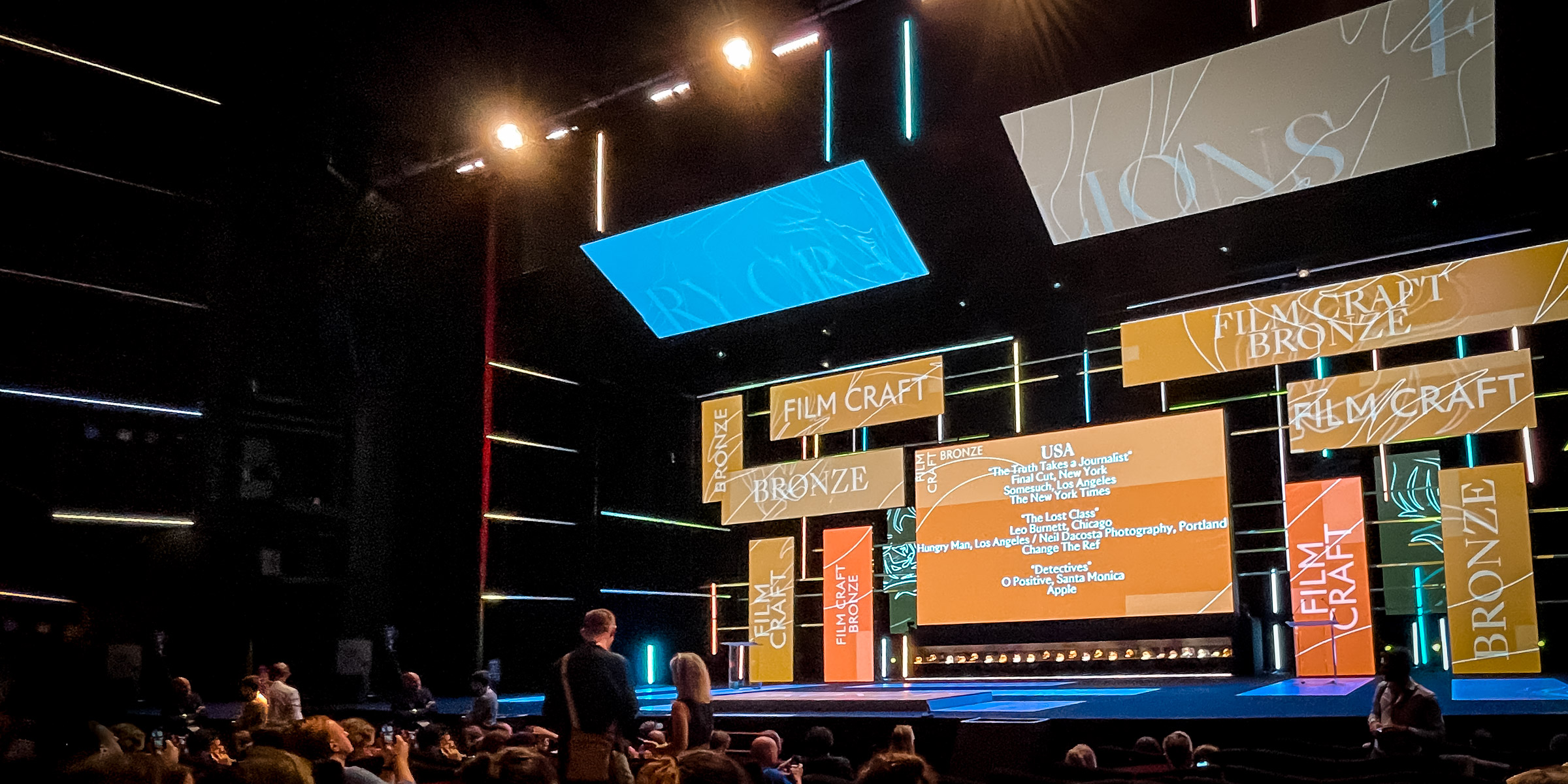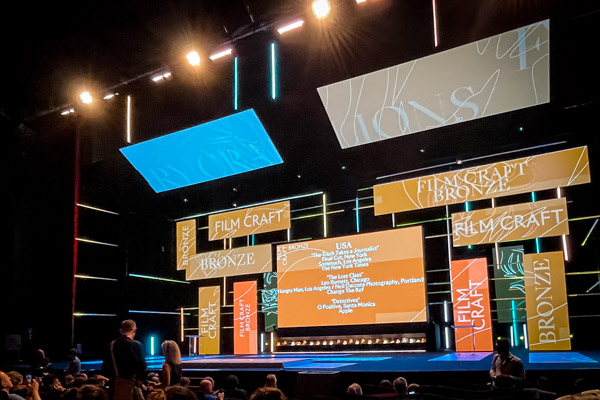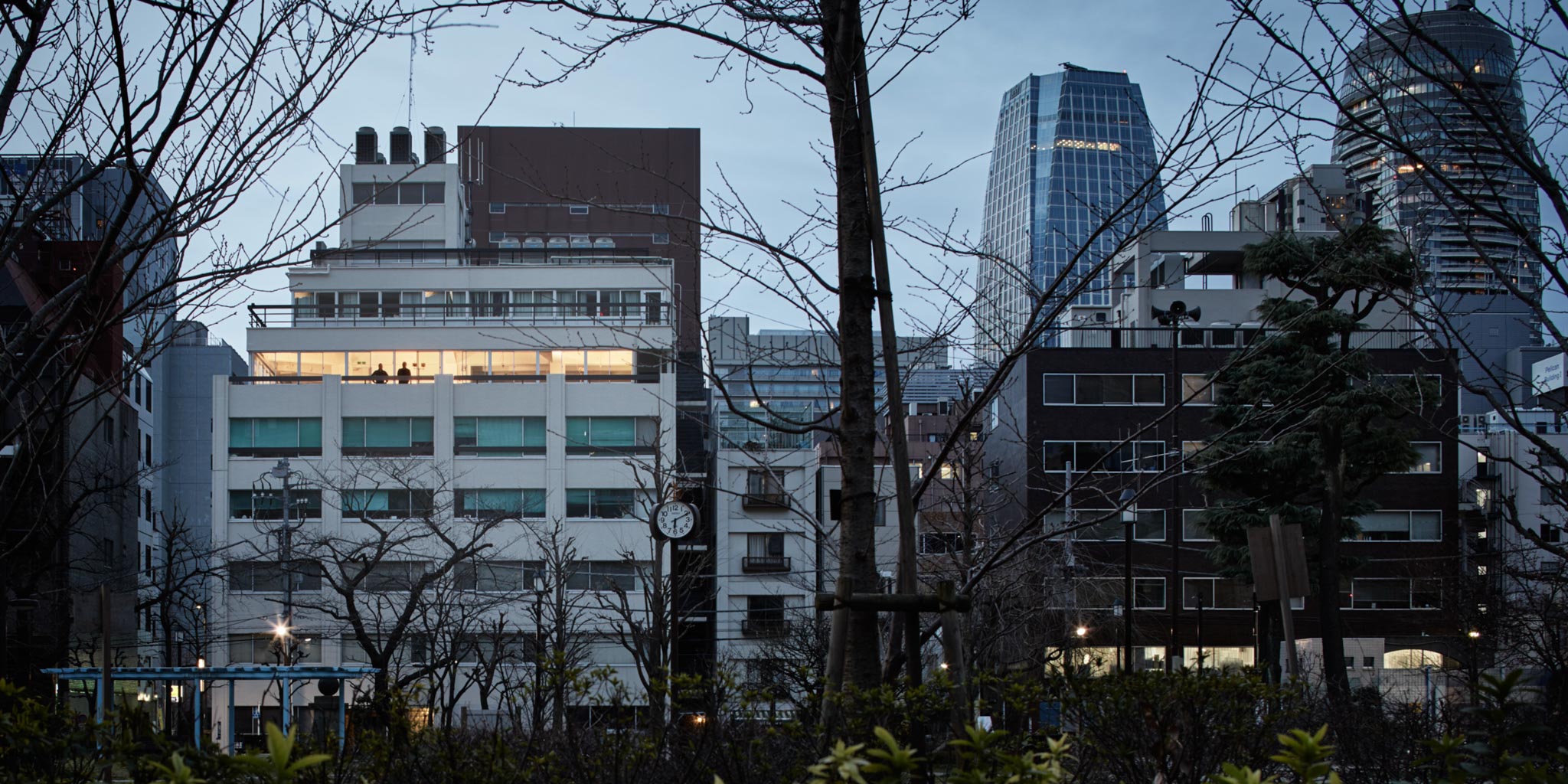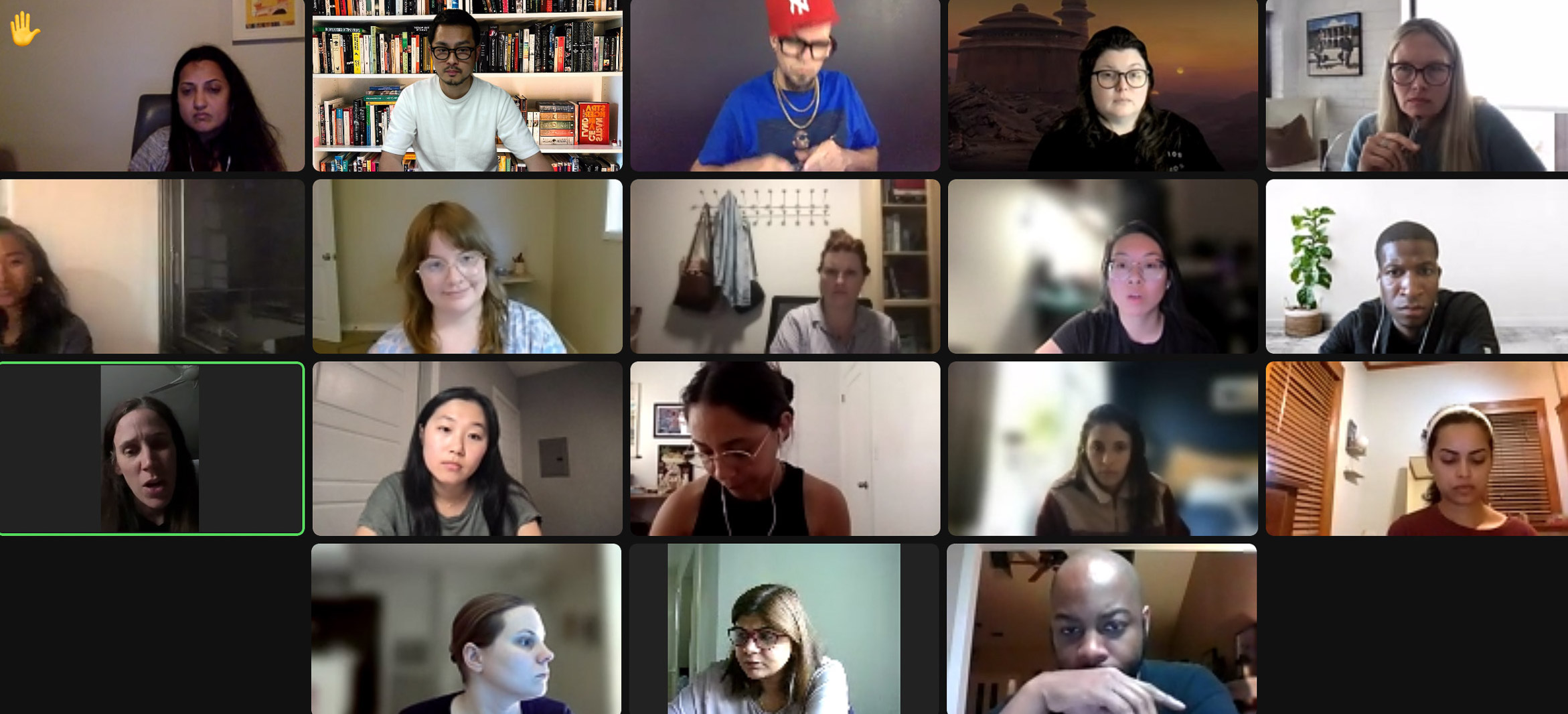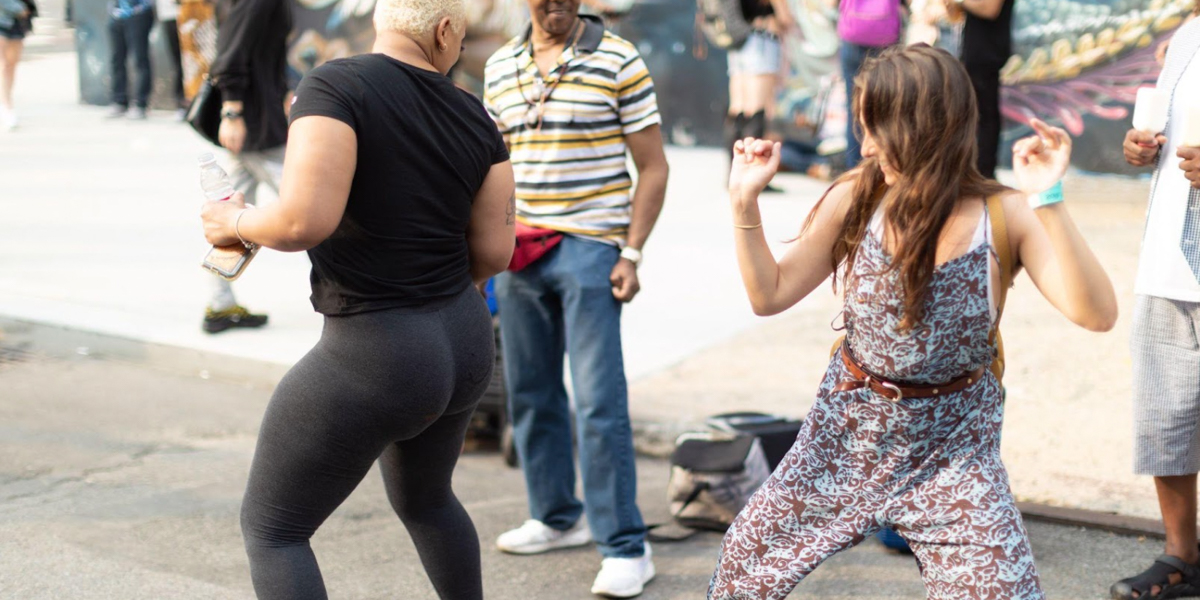This past June, Taro Kodama visited Cannes Lions, a five-day festival of creativity in Cannes, France. While taking place in the same city, this festival is different from the annual Cannes film festival. In this article, Taro discusses his unique perspective on the festival. There are many other great articles online that outline detailed summaries of the shortlisted films or the award winners, but that will not be the focus of this piece. Taro shares what he learned about the changing marketing landscape and the current value of authenticity in marketing from his experience at Cannes Lions. We hope this article will inspire readers to consider what kind of message they want to send their customers and to envision how they might benefit from incorporating new people with authentic perspectives into their workplaces.
Was this your first time attending Cannes Lions?
Yes, this was my first time at Cannes Lions. It was also my first time in the South of France. Cannes is beautiful and right along the coastline. I think it’s probably a go-to vacation spot for people living in Europe. There was not a single cloud in the sky the entire time I was there. Just blue skies. The first couple of days I spent in Monaco then I drove to Nice and also Italy.
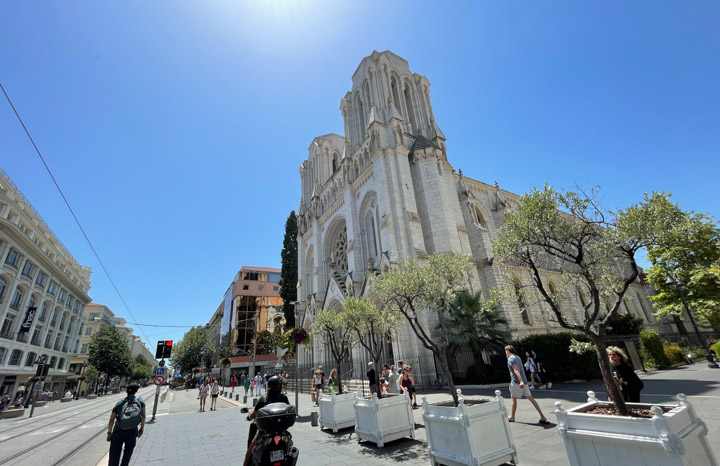
I visited some small villages where cars are not allowed, so I had to park my car in front of the village in order to walk around. Some of these villages were hundreds of years old and filled with beautiful churches and restaurants. All the people there were really relaxed.
Was the vibe of Cannes Lions similar to that?
Yes, and I was actually kind of surprised. I’ve seen photos of the other Cannes Film Festival that happens annually in May, and in those pictures, everybody’s wearing tuxedos and fancy clothing. I thought the [dress code for] Cannes Lions would be similar, so I bought some nice clothing in Japan before my trip. However, everybody at the Cannes Lions festival was wearing t-shirts, shorts, and flip-flops. Of course, the people who went on stage for the awards ceremonies were dressed nicely, but everyone in the audience was completely dressed in summer clothes. That was kind of something that I hadn’t expected.
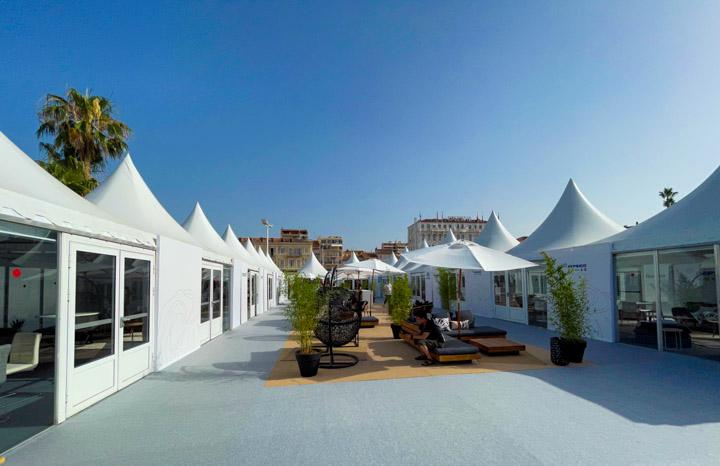
To watch the creative submissions, there was a theater with a giant screen where everyone would gather. The theater was incredibly wide and on a steep slope, so no matter where I was sitting in the room I could see the screen. It’s where many of the films for the Cannes Film Festival are also shown.
Are Cannes Film Festival and Cannes Lions different events?
Yes, the Cannes Film Festival and Cannes Lions are two completely separate events, but they are held at the same venue in the same town. It’s interesting because the town of Cannes is really prepared for these two annual events. The shops are ready to have people come from all over the world. It might have been because of the pandemic, but while I was there, the streets were filled with people sitting outside restaurants and stores.
What kind of people attend Cannes Lions?
I didn’t know what Cannes Lions was until I attended this past June. I did some research beforehand, but many things were new to me. It’s an annual event that many creative agencies, branding teams, and large global corporations attend, so they can check out what’s happening in the creative world today. I noticed that a typical first question among people at Cannes Lions is, “How many times have you been to Cannes?” People also network with one another during the day, and you get to meet a lot of different types of professionals. The participants also host events, so there’s the possibility of making new business connections at after-parties or dinners, as well.
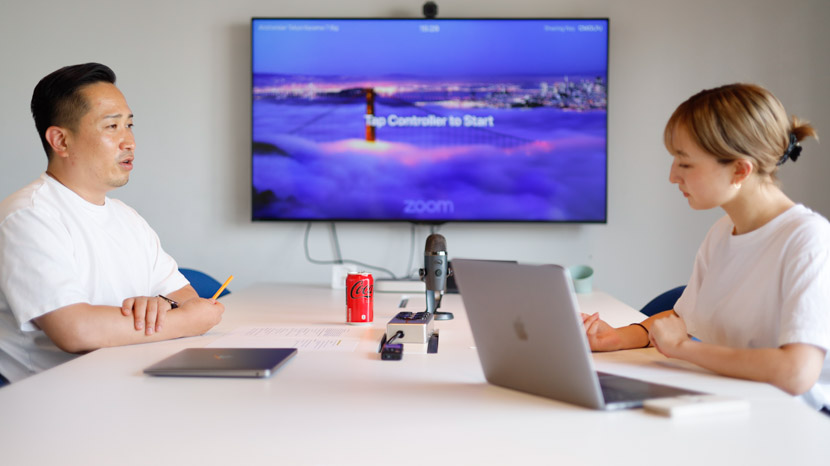
The winners are determined by a panel of judges, were you able to speak to anyone involved in that process? What kind of insights were judges able to share with you?
I had an opportunity to speak to several fascinating people through scheduled meetings that one of my business partners arranged. One of these people was a judge on one of the panels for Cannes Lions. She shared with us an overview of how Cannes Lions is designed and her insights about the festival. She told us that there have been new categories added in recent years, such as the SDG category. There can be many judges for a single category and some judges have been doing this job for many years. She also explained how the judging process works. In her category, there are thousands of submissions, and each of these submissions is condensed down into a 1-2 minute video. They are judged along with a presentation that explains a company’s campaign. I don’t know how she did it, but before the event judges go through all of the videos and all the presentation to choose the winners.
Ultimately, of the thousands of submissions, the judges narrow it down to a list of around one hundred submissions. These one hundred submissions make it onto what is called the “shortlist.” If you’re on the shortlist it’s very prestigious. Even if you haven’t technically won an award, your company will celebrate making it onto the shortlist. Next, from the shortlist the judges will choose the top three submissions to win bronze, silver, gold, and grand-prix ( not all categories will have grand-prix).
What is an example of a campaign the judge shared with you?

One project the judge shared with me was the GirlsWhoCode collaboration with Doja Cat. Doja Cat worked with Girls Who Code to make a website where you can customize aspects of her music video for the song “Woman.” You use simplified computer coding programs to edit parts of the music video. The social issue that GirlsWhoCode is trying to solve is that women have fewer opportunities to make as much money as men, and having more women in coding professions is one way to fix this. GirlsWhoCode wants to get girls in Generation Z excited about coding through this project. If a girl tries this program because she is a fan of Doja Cat, it might open her eyes to new career possibilities.
Why are company values important to the judges at Cannes Lions?
In the past, the submissions focused on producing shocking or impressive images. Companies used to spend a lot of money hiring amazing directors and creators to make something that people had never seen before in expression. The goal was to make people think, “How did they do that?” While they were very beautiful and had a high production value, these submissions were not always directly connected to the business’ everyday practices. Those kinds of submissions don’t tend to win at Cannes Lions anymore. Now, judges want submissions where the purpose or spirit of a company is clear. Today, the content of submissions has to be connected to a company’s business activities as well as creative in their execution.
Cannes Lions is also considered a networking event, did you meet any other interesting people while you were there?
Yes, my partners and I were able to set up a meeting with the Director of Culture and Operations at a renowned global advertising agency. This director was hired to build a diverse culture in her advertising agency. Today many companies think diversity is a problem, so they hire diverse talents only to avoid bad perceptions from clients. However, this director said that was not the case with her company. The advertising agency she works for hires a diverse range of people because they see diversity as an opportunity to benefit their business. This is because, recently, the clientele values authenticity. Clients want to know that the agency has a diverse set of talents that they can trust to advise on a broad spectrum of projects. Either there are people with many different perspectives working together or the agency has a diverse network to help them depending on the project. Ideally, people who understand the real message of a project will take part in it.
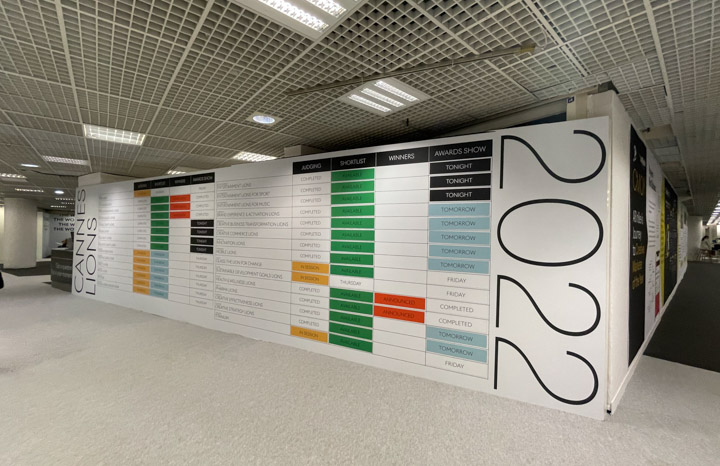
For example, let’s say a client has a project involving solving a social issue unique to a state within India. The client will want to talk to someone in the agency who can understand the issue on an authentic level. If everyone on the team is, for example, born and raised in New York they might not understand the project in the same way as someone who has grown up in India. Whether it’s related to religion, race, or culture, if the client has some issue they are trying to address, the agency needs to be prepared to have a team made up of a variety of people. Then those people can discuss, in authenticity, how the campaign should be designed. In this sense, there isn’t one way to “be authentic.” To be authentic you have to put serious thought into the message you send. Long discussions with lots of different people to create many different choices and ideas can lead you to your company’s version of authenticity.
This is especially important because the audience, consumers, recognize authenticity. The audience today, especially Gen Z, consumes so much information on a daily basis. Whether it’s Youtube videos, TikTok videos, or TV commercials, the audience has gotten really good at identifying what is genuine and what might be fake. I think a lot of people are watching to see if a company has a purpose or a message, or if they are just trying to sell a product.
How has this experience changed your perspective on the future of marketing?
Today, many companies and creative agencies around the world are thinking hard about authenticity. The Cannes Lions festival, and the judges that attend the event, respect that. That’s what they’re looking for in the creative submissions. As I said before, the audience is looking for this as well. As a Japanese person, sometimes I wonder if we, companies in Japan, are thinking as much about what we are trying to communicate to our audience. A person in Japan might look at amazing projects from companies abroad and wonder why there are not as many happening in Japan. A question I’d like to address to my friends and colleagues is, “Where should we go next?” I think companies in Japan understand that they need to find solutions to this question, but we’re not there yet.
What would you recommend to someone who is going to Cannes Lions for the first time?
Well, first, you don’t need to worry about bringing fancy clothes. I would also say that there are amazing places nearby that you should visit. A lot of people go on business trips in and out of Cannes, without spending time anywhere else, and I think that’s a little bit もったいない. If you can, I’d recommend spending one or two more extra days exploring the area to get a real sense of the South of France. A lot of creativity is born there, so it might help you to understand the Cannes Lions festival in a different way.


